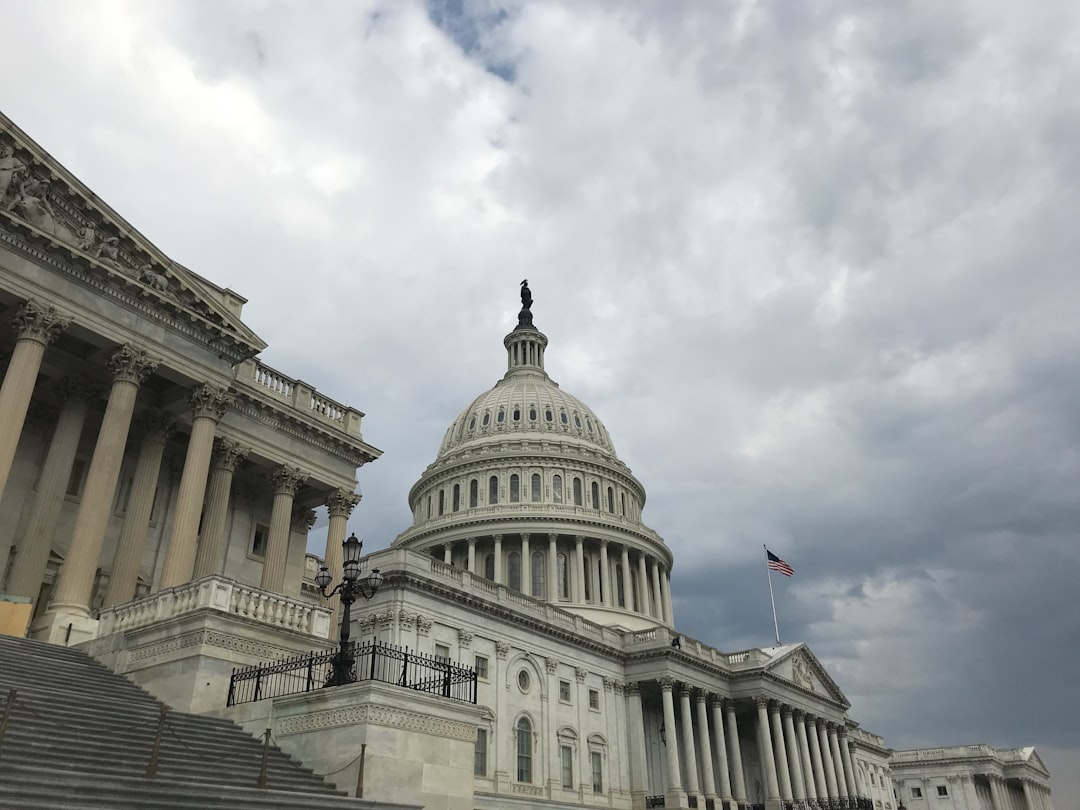In Spam Text Washington, residents deal with a surge of unsolicited texts from businesses. While protected by regulations balancing marketing freedoms and consumer rights, explicit consent is required before texting. Consumers can opt out by replying "STOP" and have additional options like the Do Not Call list or filing complaints. Strict laws aim to deter businesses from sending unwanted spam texts, offering privacy and peace of mind for residents. Effective strategies include understanding local laws, opting-out via lists, blocking senders, and documenting incidents.
In today’s digital age, consumers in Washington State face a growing dilemma with the rise of spam texts. This malicious practice not only intrudes on personal space but also poses legal and financial risks. Understanding the nature of spam texts and knowing your rights is the first step to combating this modern nuisance. This article explores consumer protections against spam in Washington, effective strategies to stop and report these messages, and robust methods for managing spam texts overall.
Understanding Spam Texts in Washington State

In Washington State, just like across the nation, consumers increasingly face a deluge of unwanted spam texts. These are unsolicited text messages promoting products, services, or offers, often from unknown senders. Spam texts can be frustrating and intrusive, but they’re also protected by certain regulations that balance consumer rights with business marketing freedoms. Understanding these laws is crucial for any resident of Spam Text Washington looking to protect themselves from unwanted messaging.
State laws, including those in Spam Text Washington, generally require explicit consent before businesses can text consumers. This means companies must obtain your permission—through an opt-in process—before sending promotional messages. Moreover, consumers have the right to opt out of receiving future texts by replying “STOP” to a message or following instructions provided in it. Knowing and exercising these rights is key for Spam Text Washington residents to reclaim control over their communication channels.
Consumer Rights and Legal Protections Against Spam

In Washington State, consumers have robust rights and legal protections against spam texts. The state’s robust consumer protection laws are designed to safeguard individuals from unsolicited and nuisance messages, ensuring their peace of mind and privacy. According to the Washington State Attorney General’s Office, businesses are prohibited from sending text messages for marketing purposes without prior express consent from the recipient. This means that if you have not given your explicit permission to receive texts from a particular company, you can take action against spam texts.
If you’ve received unsolicited spam texts in Washington, you have several options. You can register your number on the state’s Do Not Call list to prevent future spam calls and texts. Additionally, you can file a complaint with the Attorney General’s Office, which investigates and takes legal action against violators. The state’s strict regulations aim to deter businesses from engaging in deceptive practices, empowering consumers to enjoy their rights without worrying about unwanted spam texts.
How to Stop and Report Unwanted Text Messages

Unwanted text messages, or spam texts, are a common nuisance. To stop them in Washington state, users can register on the Do Not Call list, which prohibits telemarketers from contacting you. However, this list doesn’t cover all spam texts as it mainly targets sales calls.
For reporting unwanted text messages, most mobile carriers have an option to forward these messages to a specific number for filtering or investigation. You can also use tools like SPAM (shortcode 7726) on your phone to block and report the sender. Additionally, documenting the spam texts—including timestamps, content, and senders’ details—can aid in identifying recurring offenders who may face legal repercussions under Washington state’s anti-spam laws.
Effective Strategies for Spam Text Management

Bellingham residents often face the nuisance of spam text messages, but there are effective strategies to manage and mitigate this issue. One powerful tool is staying informed about local laws regarding spam texts in Washington state. Understanding your rights allows you to take proactive measures; for instance, many states have regulations enabling you to opt-out of automated calls and texts. By registering on Do Not Call lists and using tools that block or filter such messages, residents can significantly reduce the volume of spam text Washington.
Additionally, developing a disciplined approach to messaging apps and phone settings can enhance protection. Regularly reviewing and updating privacy settings ensures that personal contact information is shared only with trusted sources. Enabling message filters and blocking unknown senders is another practical step. These strategies empower Bellinghams to take control of their communication channels, ensuring a quieter and less intrusive digital environment.






